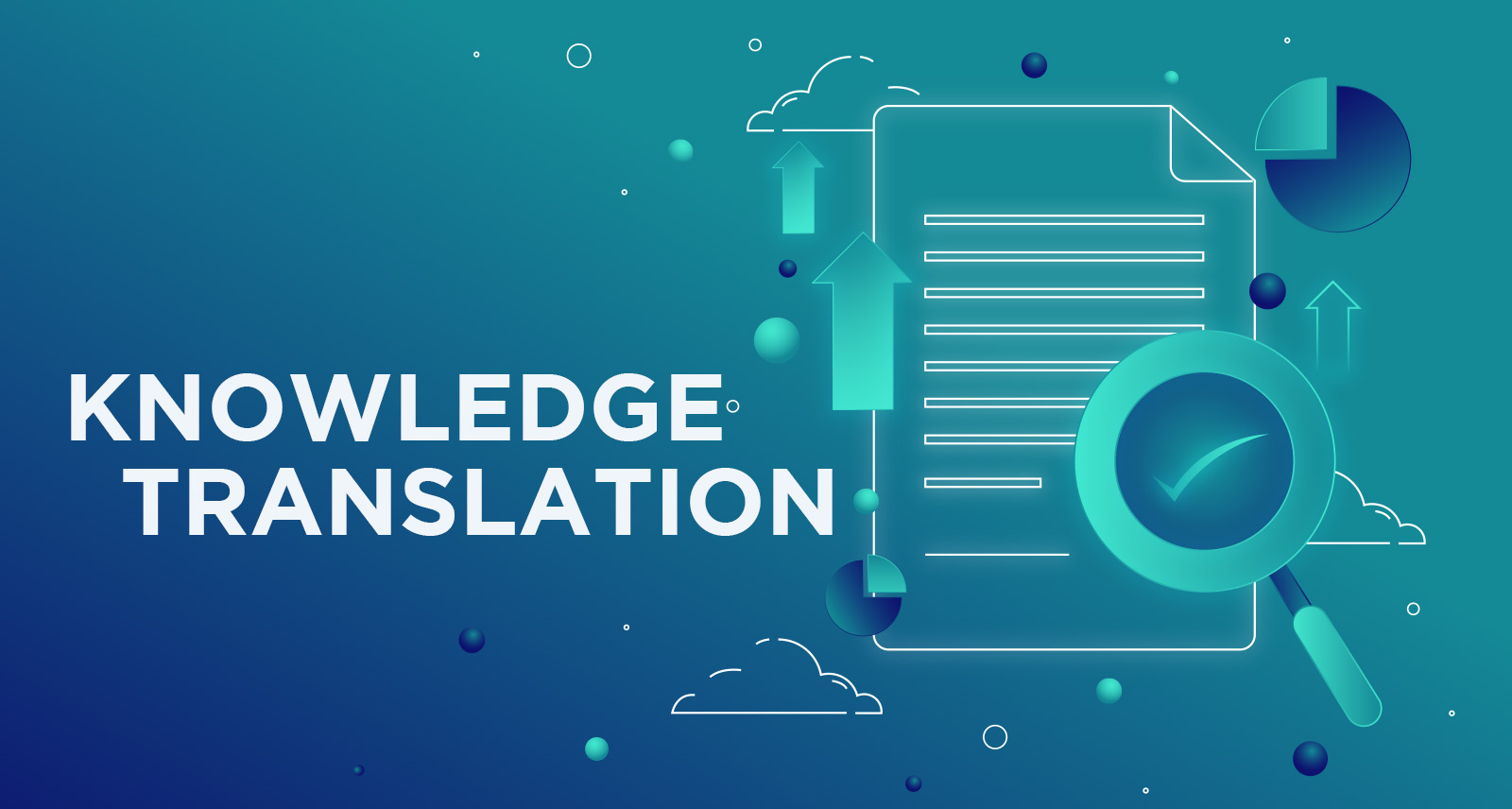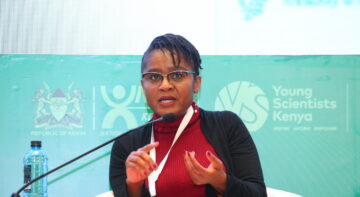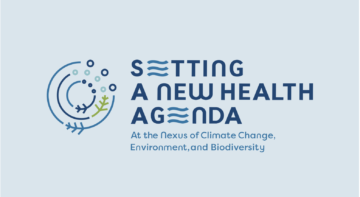Blogs

Knowledge translation (KT) refers to a process of moving research and findings to actual application in decision-making, programme implementation, and service provision. According to the Canada Institute of Health Research (CIHR), KT is a dynamic and iterative process that includes synthesis, dissemination, exchange and ethically sound application of knowledge to improve the health of people, provide more effective health services and products, and strengthen the health care system.
Although the role of research evidence in improving development policy, programme and practice is widely acknowledged, many bottlenecks hinder this role. There are therefore increasing efforts to understand effective ways through which research could be better positioned to inform policy decisions and implementation in a sustained manner.
To contribute to this understanding, AFIDEP experts* on 31 March 2022 published a paper that shares lessons on the role of KT training and mentorship for researchers as one of the approaches for enabling sustained KT practice. Entitled “Training and mentorship as a tool for building African researchers’ capacity in knowledge translation” and published in the PLOS One journal, the paper assessed the effectiveness of training and mentorship as an intervention to build the capacity of African researchers in KT. The intervention is against the backdrop of the role researchers can play in contributing to efforts that bridge the gap between knowledge, policy and practice. For them to effectively do this, they need KT capacities that many researchers typically lack.
The intervention, implemented in 2020 as part of the Evidence Leaders in Africa (ELA) initiative, benefited 23 early-to-mid-career researchers who were part of the African Academy of Sciences (AAS) networks, and were drawn from 20 universities and 9 African countries. The intervention involved a residential five-day KT training on ‘research communications and policy engagement’ followed by a six-month remote mentorship programme. The intervention’s main objective was to equip the researchers with requisite knowledge and skills to promote and support the use of their research in government decision-making as they grow in their careers to become senior researchers. To assess the effectiveness of the intervention, AFIDEP experts assessed the KT capacities of the 23 researchers before and after the training workshop, as well as, the number of researchers who wrote policy briefs, which was an important output that all the researchers wanted to get out of the training. Policy briefs are a major tool for providing policy advice drawn from research and other types of evidence.
According to the paper, researchers reported notable increase in KT knowledge and skills after the workshop (aggregate 1.9 point change between pre- and post-training surveys), which was confirmed by a 33.7% increase in the number of researchers who responded correctly to questions assessing topics covered by the workshop. Of the 23 researchers trained and mentored, 19 wrote policy briefs within two months after the training.
The paper’s results confirm results of other KT training interventions that training, if well designed and implemented, is an effective intervention in closing the KT capacity gap among many researchers. However, to benefit more and more researchers, which is needed to develop a critical mass of researchers able to effectively undertake KT, training needs to be integrated in existing training programmes in universities.
Read more in the paper here.
* Rose N. Oronje, Carol Mukiira, Elizabeth Kahurani, and Violet I. Murunga
Related Posts




